In case you somehow missed it, the 2018 Film Independent Spirit Awards announced their nominees, presented by Lily Collins and Tessa Thompson, an event growing in stature and significance each year. Not only is the roll-out of such exceptional work from the indie film scene an integrated part of the Academy Awards build-up, it is also an exciting, essential recognition of the diverse, unique talent on show.
Oscarologists are likely to get their knickers in a twist over both the films hitting big in many categories, as well as those missing out on several, or not showing up at all. In the meantime, though, let’s continue to celebrate and embrace the innovative work of independent cinema, with these nominations and beyond.
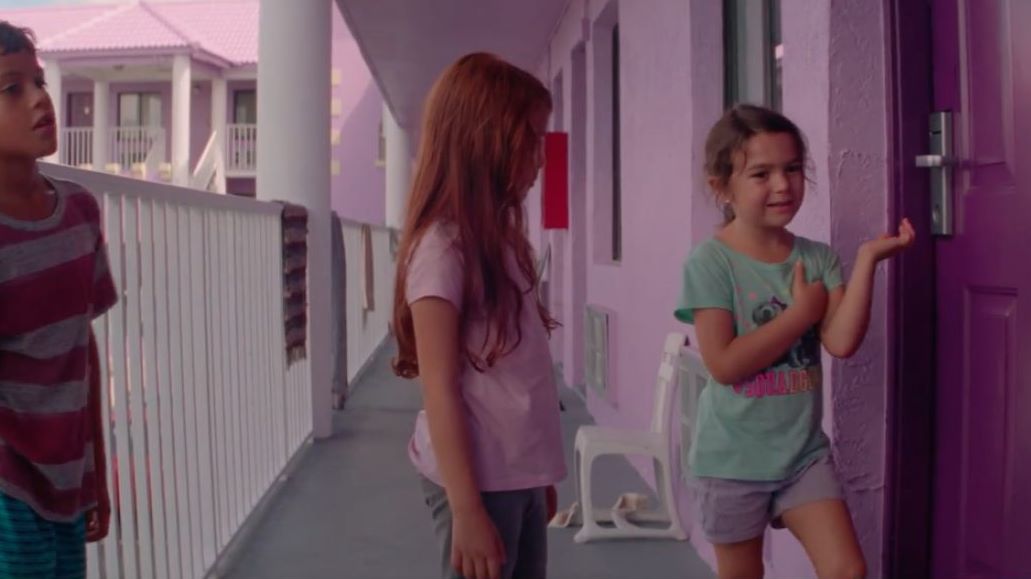
BEST FEATURE
Call Me By Your Name
Lady Bird
Get Out
The Florida Project
The Rider
BEST FIRST FEATURE
Columbus
Ingrid Goes West
Menashe
Oh Lucy!
Patti Cake$
JOHN CASSAVETES AWARD
Dayveon
A Ghost Story
Life and nothing more
Most Beautiful Island
The Transfiguration
BEST DIRECTOR
Sean Baker (The Florida Project)
Jonas Carpignano (A Ciambra)
Luca Guadagnino (Call Me by Your Name)
Jordan Peele (Get Out)
Benny Safdie, Josh Safdie (Good Time)
Chloé Zhao (The Rider)
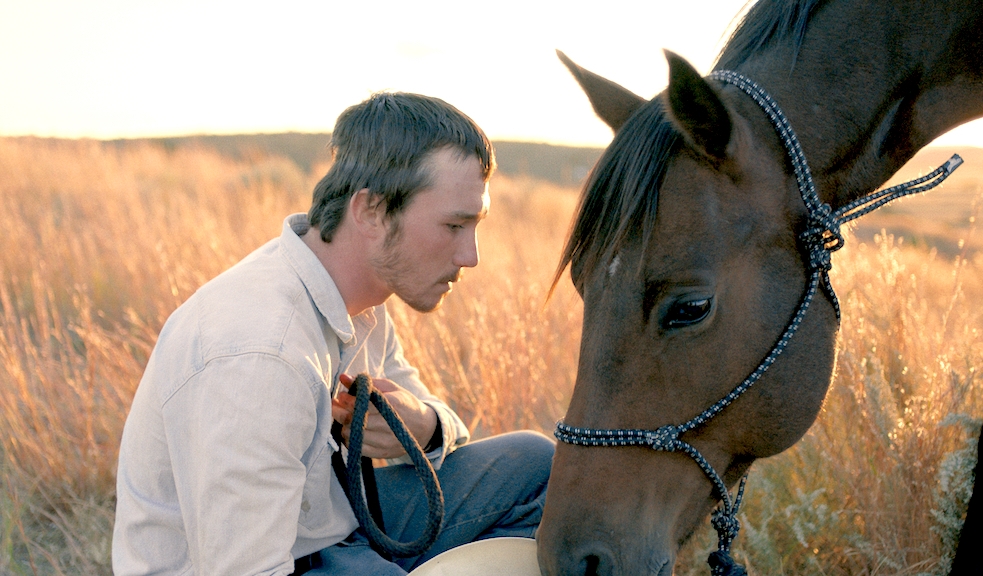
BEST SCREENPLAY
Greta Gerwig (Lady Bird)
Azazel Jacobs (The Lovers)
Martin McDonagh (Three Billboards Outside Ebbing, Missouri)
Jordan Peele (Get Out)
Mike White (Beatriz at Dinner)
BEST FIRST SCREENPLAY
Kris Avedis, Kyle Espeleta, Jesse Wakeman (Donald Cried)
Emily V. Gordon, Kumail Nanjiani (The Big Sick)
Ingrid Jungermann (Women Who Kill)
Kogonada (Columbus)
David Branson Smith, Matt Spicer (Ingrid Goes West)
BEST CINEMATOGRAPHY
Thimios Bakatakis (The Killing of a Sacred Deer)
Elisha Christian (Columbus)
Hélène Louvart (Beach Rats)
Sayombhu Mukdeeprom (Call Me by Your Name)
Joshua James Richards (The Rider)
BEST EDITING
Ronald Bronstein, Benny Safdie (Good Time)
Walter Fasano (Call Me by Your Name)
Alex O’Flinn (The Rider)
Gregory Plotkin (Get Out)
Tatiana S. Riegel (I, Tonya)
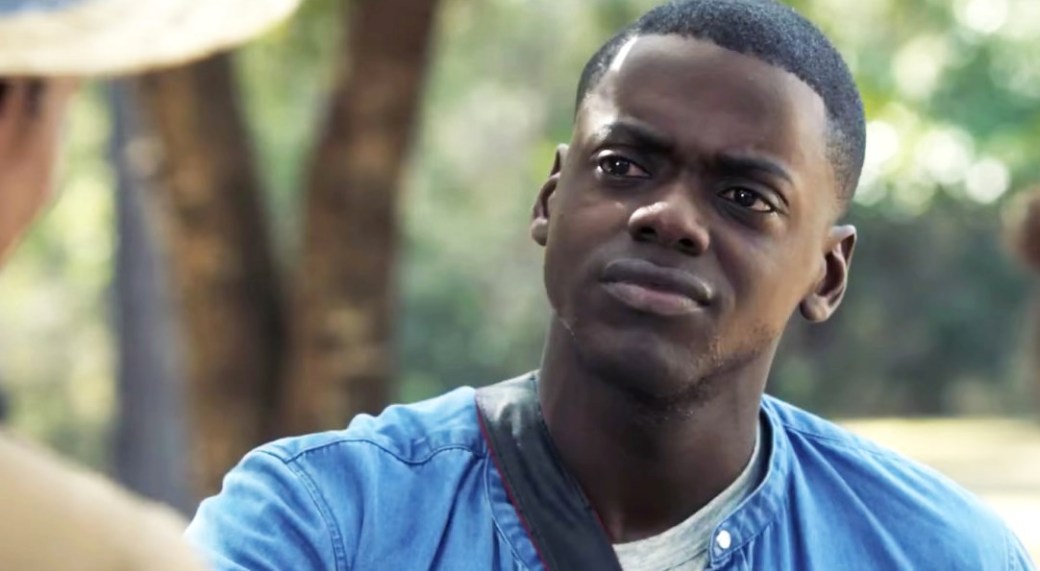
BEST FEMALE LEAD
Salma Hayek (Beatriz at Dinner)
Frances McDormand (Three Billboards outside Ebbing, Missouri)
Margot Robbie (I, Tonya)
Saoirse Ronan (Lady Bird)
Shinobu Terajima (Oh Lucy!)
Regina Williams (Life and nothing more)
BEST MALE LEAD
Timothée Chalamet (Call Me by Your Name)
Harris Dickinson (Beach Rats)
James Franco (The Disaster Artist)
Daniel Kaluuya (Get Out)
Robert Pattinson (Good Time)
BEST SUPPORTING FEMALE
Holly Hunter (The Big Sick)
Allison Janney (I, Tonya)
Laurie Metcalf (Lady Bird)
Lois Smith (Marjorie Prime)
Taliah Lennice Webster (Good Time)
BEST SUPPORTING MALE
Nnamdi Asomugha (Crown Heights)
Armie Hammer (Call Me By Your Name)
Barry Keoghan (The Killing of a Sacred Deer)
Sam Rockwell (Three Billboards Outside Ebbing, Missouri)
Bennie Safdie (Good Time)
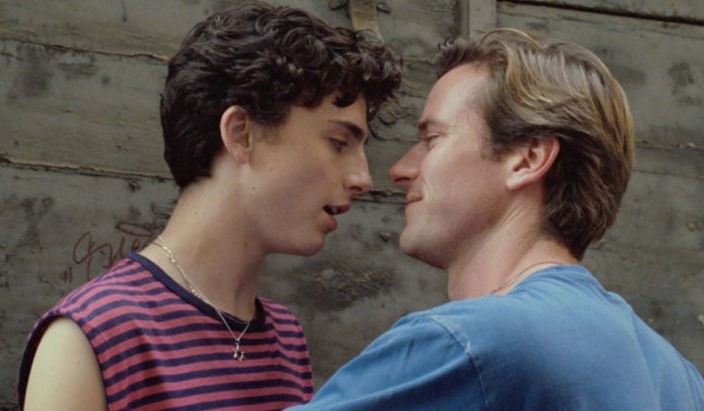
ROBERT ALTMAN AWARD
Mudbound (Director: Dee Rees; Casting Directors: Billy Hopkins, Ashley Ingram; Ensemble Cast: Jonathan Banks, Mary J. Blige, Jason Clarke, Garrett Hedlund, Jason Mitchell, Rob Morgan, Carey Mulligan)
BEST INTERNATIONAL FILM
BPM (Beats Per Minute), France (Robin Campillo)
A Fantastic Woman, Chile (Sebastián Lelio)
I Am Not a Witch, Zambia (Rungano Nyoni)
Lady Macbeth, U.K. (William Oldroyd)
Loveless, Russia (Andrey Zvyagintsev)
BEST DOCUMENTARY
The Departure (Lana Wilson)
Faces Places (Agnés Varda, JR; Rosalie Varda)
Last Men in Aleppo (Feras Fayyad; Kareem Abeed, Søeren Steen Jespersen, Stefan Kloos)
Motherland (Ramona S. Diaz; Rey Cuerdo)
Quest (Jonathan Olshefski; Sabrina Schmidt Gordon)
BONNIE AWARD – recognizes mid-career female directors with a $50,000 unrestricted grant.
So Yong Kim
Lynn Shelton
Chloé Zhao
JEEP TRUER THAN FICTION AWARD – presented to an emerging director of non-fiction features who has not yet received significant recognition, includes a $25,000 unrestricted grant funded by the Jeep brand.
Shevaun Mizrahi (director of Distant Constellation)
Jonathan Olshefski (director of Quest)
Jeff Unay (director of The Cage Fighter)
KIEHL’S SOMEONE TO WATCH AWARD – recognizes a talented filmmaker of singular vision who has not yet received appropriate recognition, includes a $25,000 unrestricted grant funded by Kiehl’s Since 1851.
Amman Abbasi (director of Dayveon)
Justin Chon (director of Gook)
Kevin Phillips (director of Super Dark Times)
PIAGET PRODUCERS AWARD – honors emerging producers who, despite highly limited resources, demonstrate the creativity, tenacity and vision required to produce quality, independent films, includes a $25,000 unrestricted grant funded by Piaget.
Giulia Caruso & Ki Jin Kim
Ben LeClair
Summer Shelton


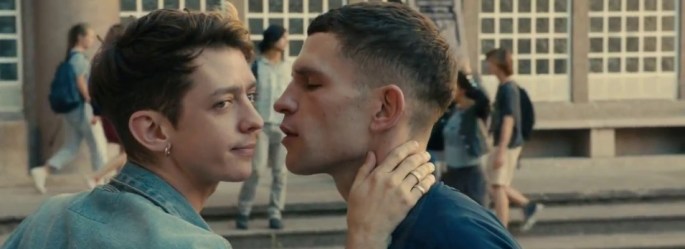
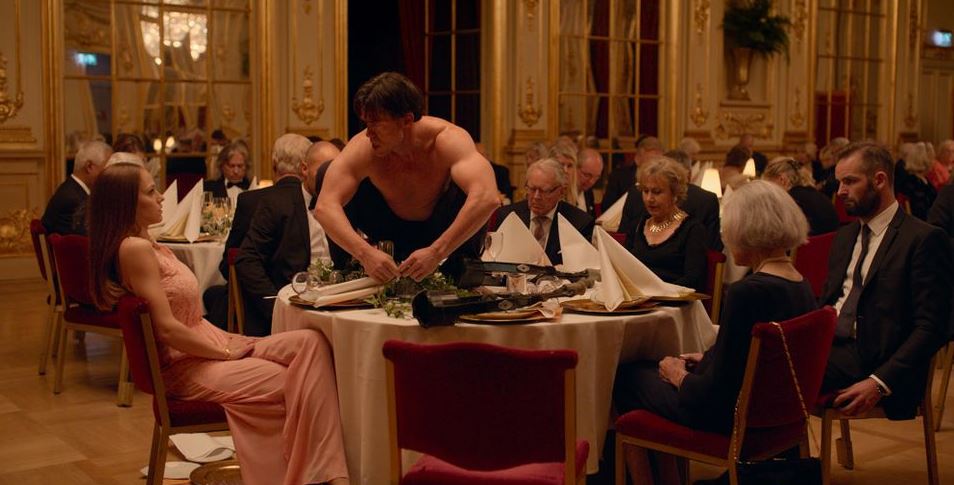
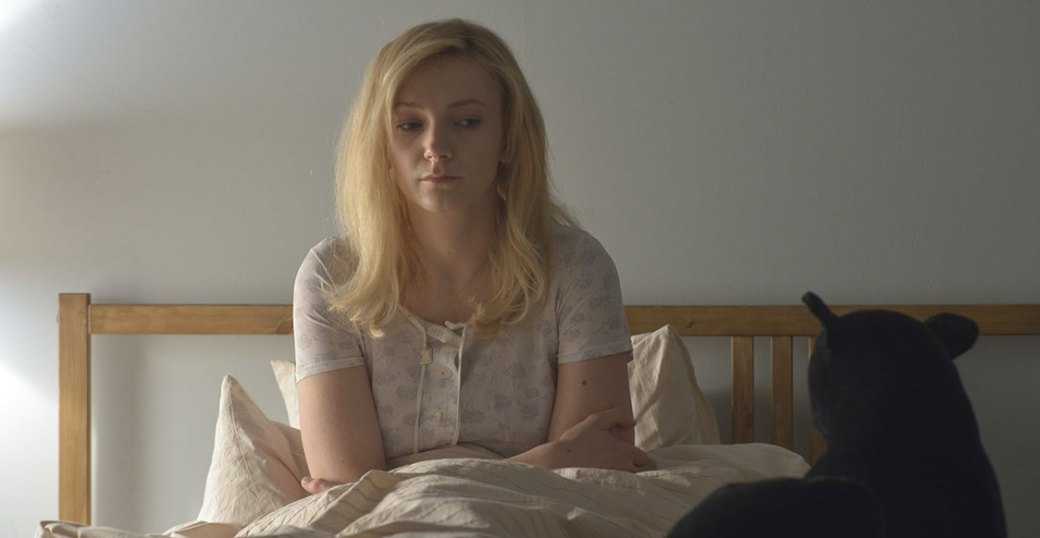
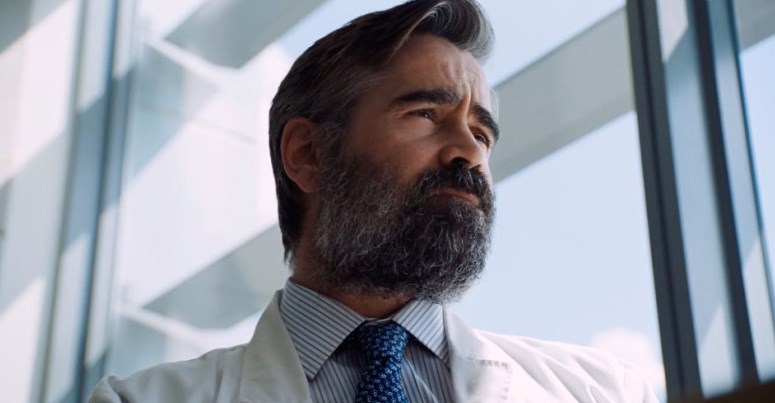
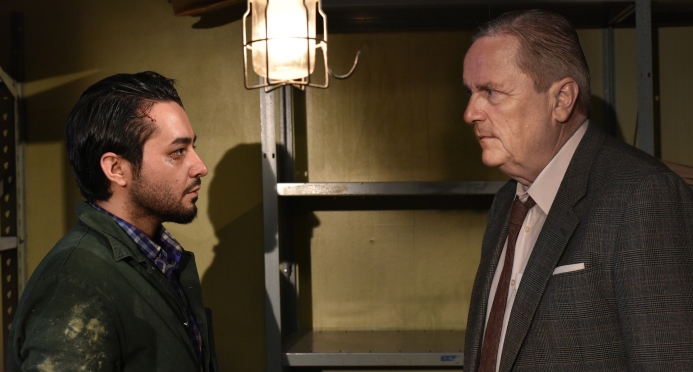

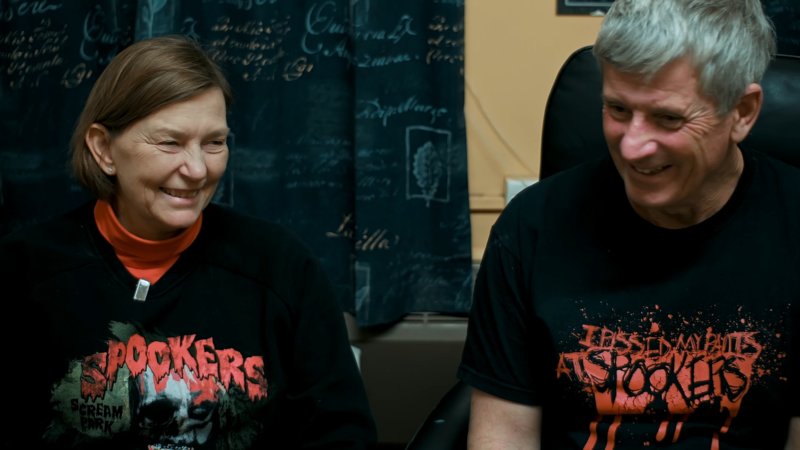
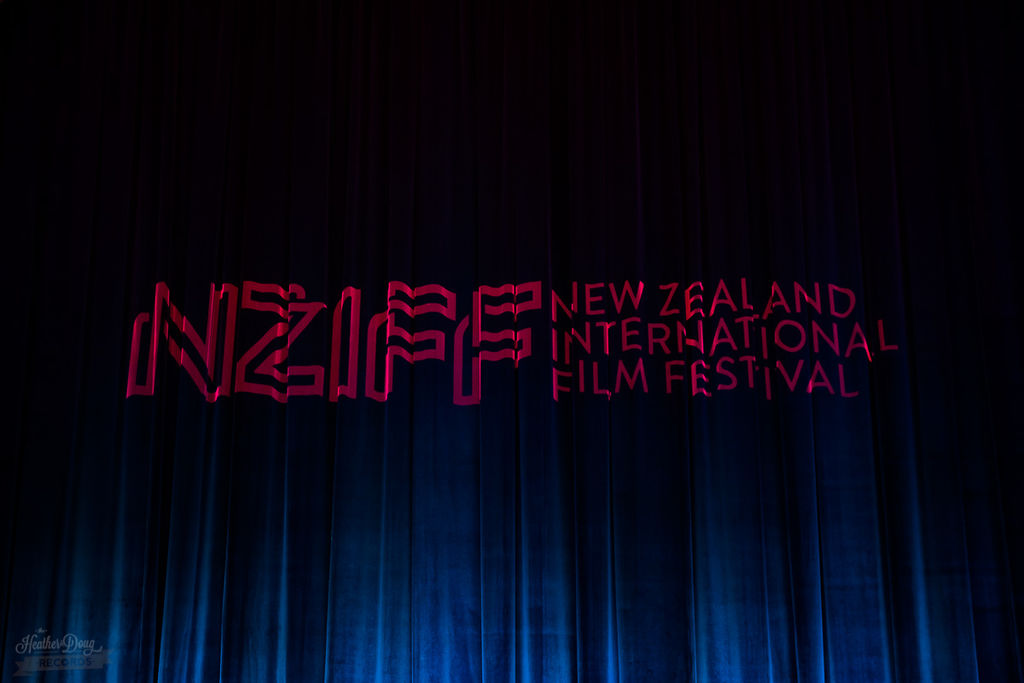
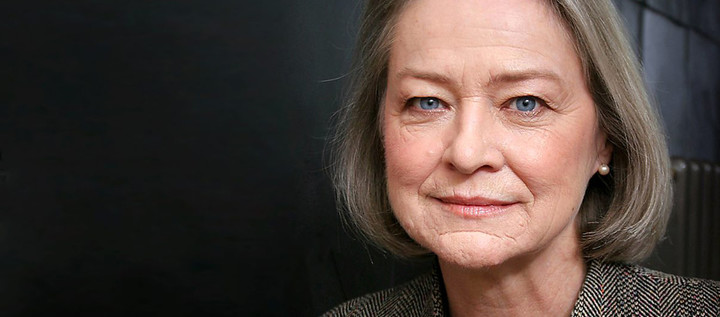

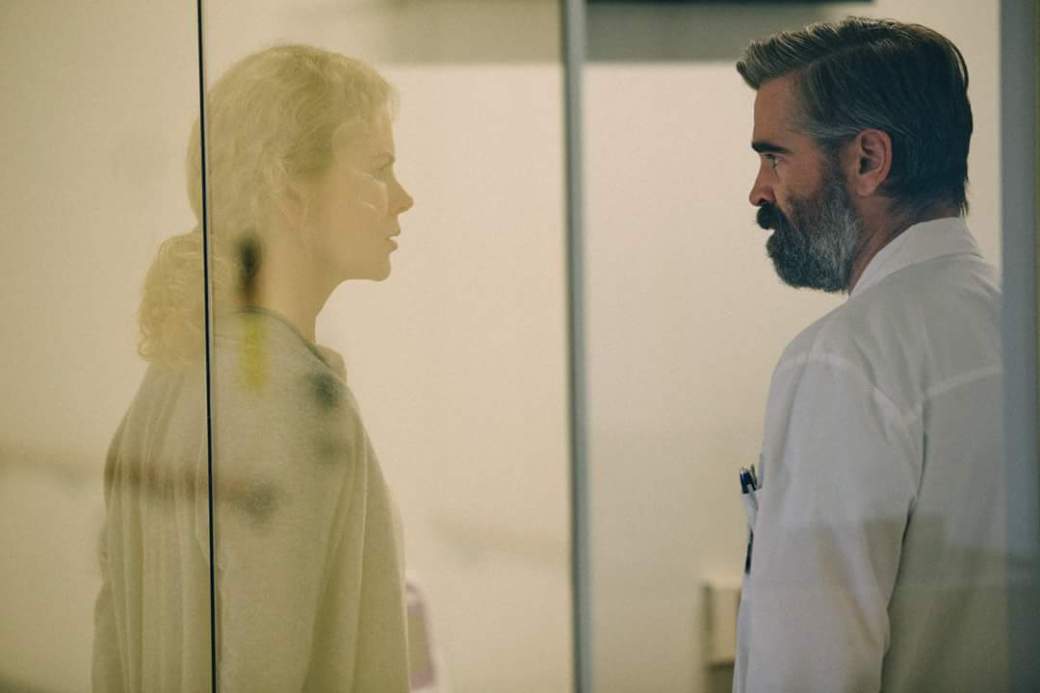
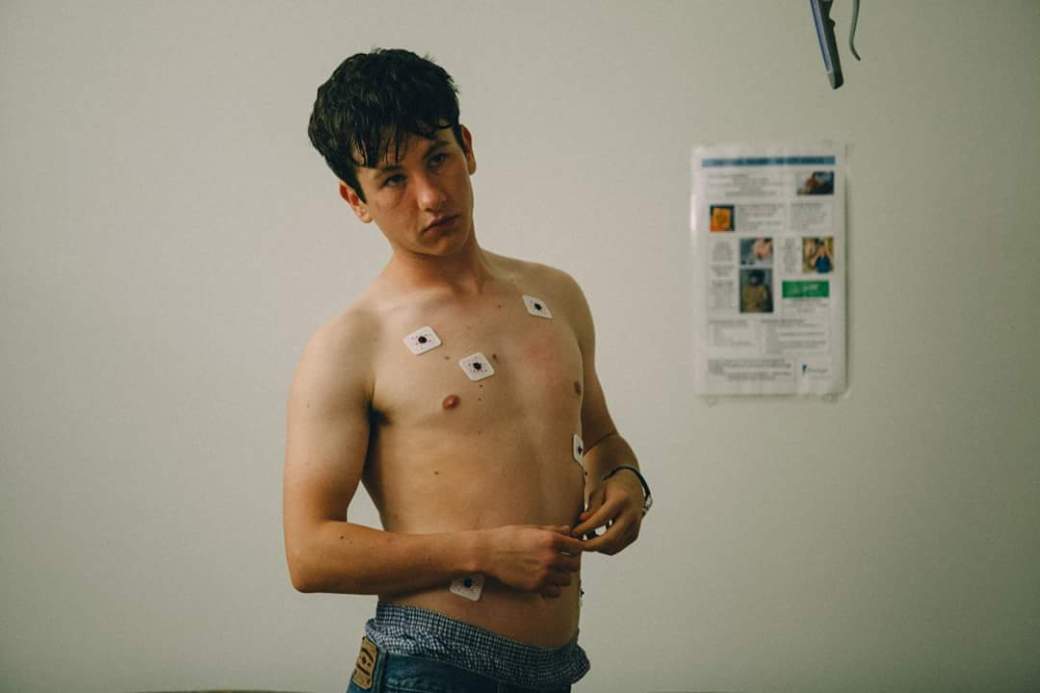
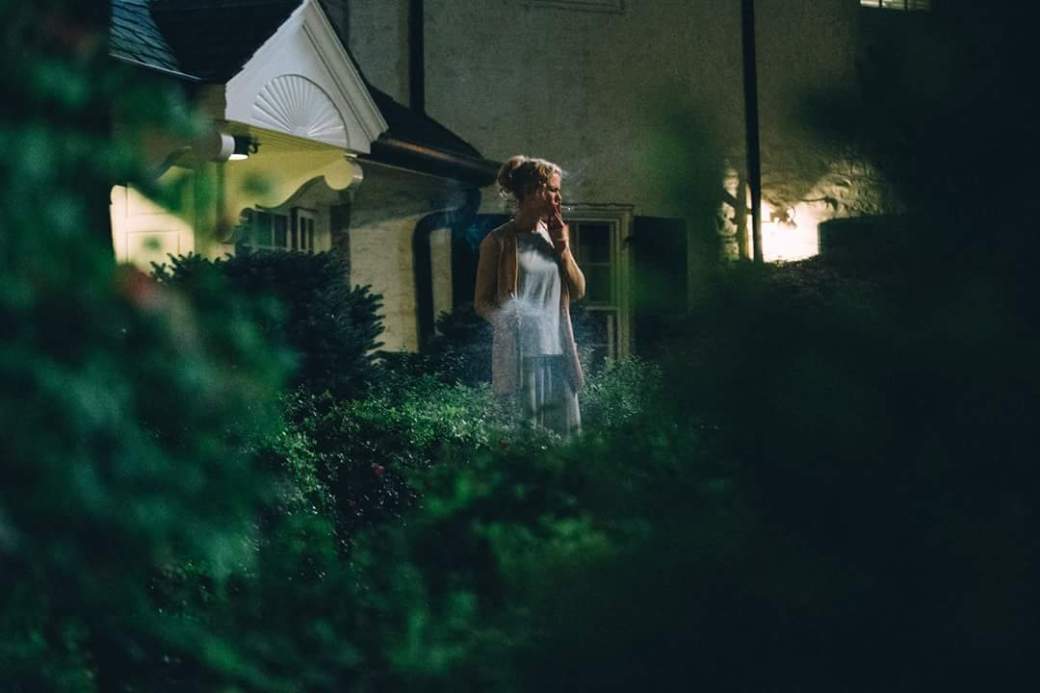

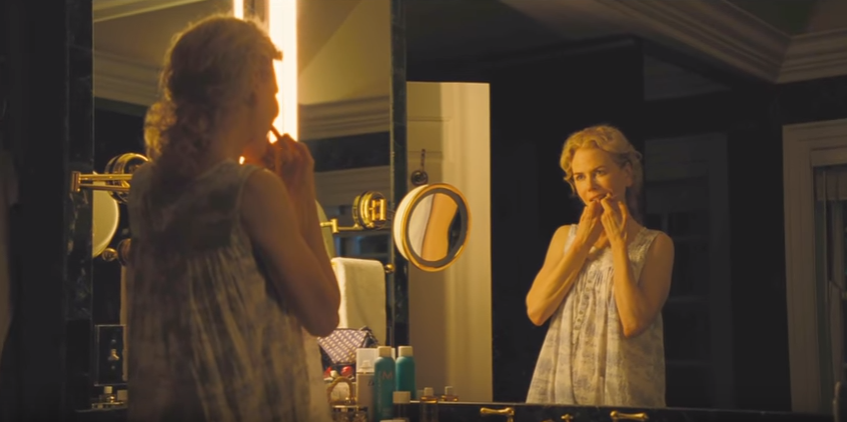
Recent Comments